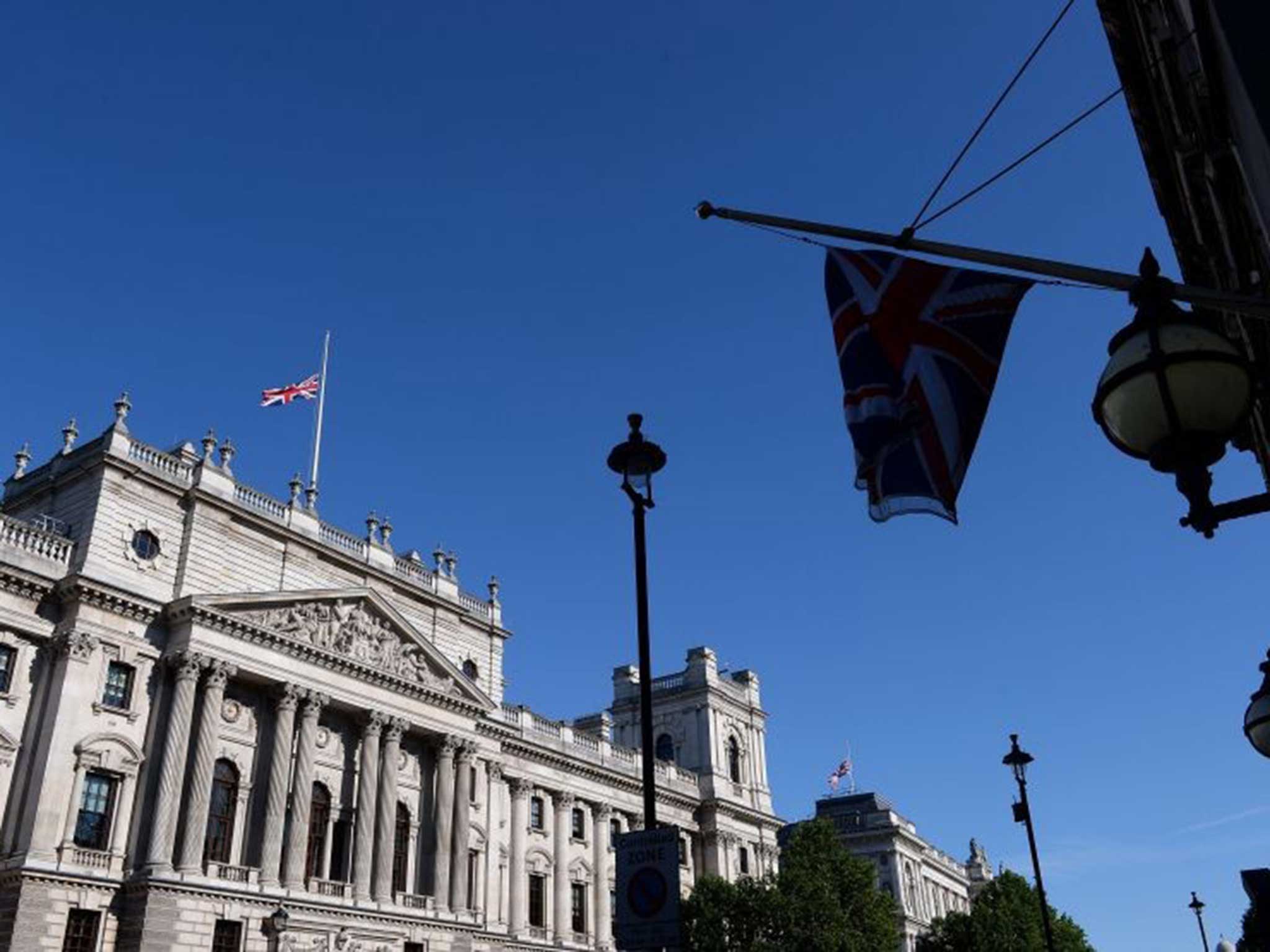Minute's silence: When, where and why do we hold a silence to remember those who died?
Last week 38 people, 30 of them Britons, were killed by a gunman in Tunisia

Britain will hold a minute's silence today to remember the lives of 38 people killed by a gunman on a Tunisian beach last week.
When is it?
Prime Minister David Cameron has declared the minute from 12pm, midday, today.
Where is it?
Across the country. Wimbledon has delayed its play from the usual starting time of 11.30am to 12.15pm to allow players, spectators and officials to partake. Meanwhile, the Duke and Duchess of Edinburgh are due to join the students and masters of the University of Strathclyde while the PM will return to his Witney constituency, Oxfordshire.
The PM has encouraged schools and local authorities to take part, with police officers also expected to hold a minute’s silence across the nation, National Police Chiefs Council said.
Is it being held elsewhere?
A special ceremony will be held on the beach in Sousse, where the atrocity unfolded. Members of the Dáil Éireann, Ireland’s parliament, held a minute’s silence three days ago for the victims.
Why do we do it?
The origin of a minute’s silence is contested. Andy McSmith’s 2008 article lays out many of the history and common misconceptions – as well as the growing politicisation – of the silence.
Commemorative silence became a fixed occasion in Britain in 1919 following the First World War, however, the practise had been around for years. King Edward VII’s death in 1910 was marked by a minute’s silence, while silence was held in 1912 to honour the victims of the Titanic tragedy.
Quakers practised minute’s silence for around 300 years. Absent from political or religious connotations or implications, the method was widely picked up by English-speaking plural societies as an effective method for people to come together without compromising personal beliefs or affiliations.
Join our commenting forum
Join thought-provoking conversations, follow other Independent readers and see their replies
Comments
Bookmark popover
Removed from bookmarks